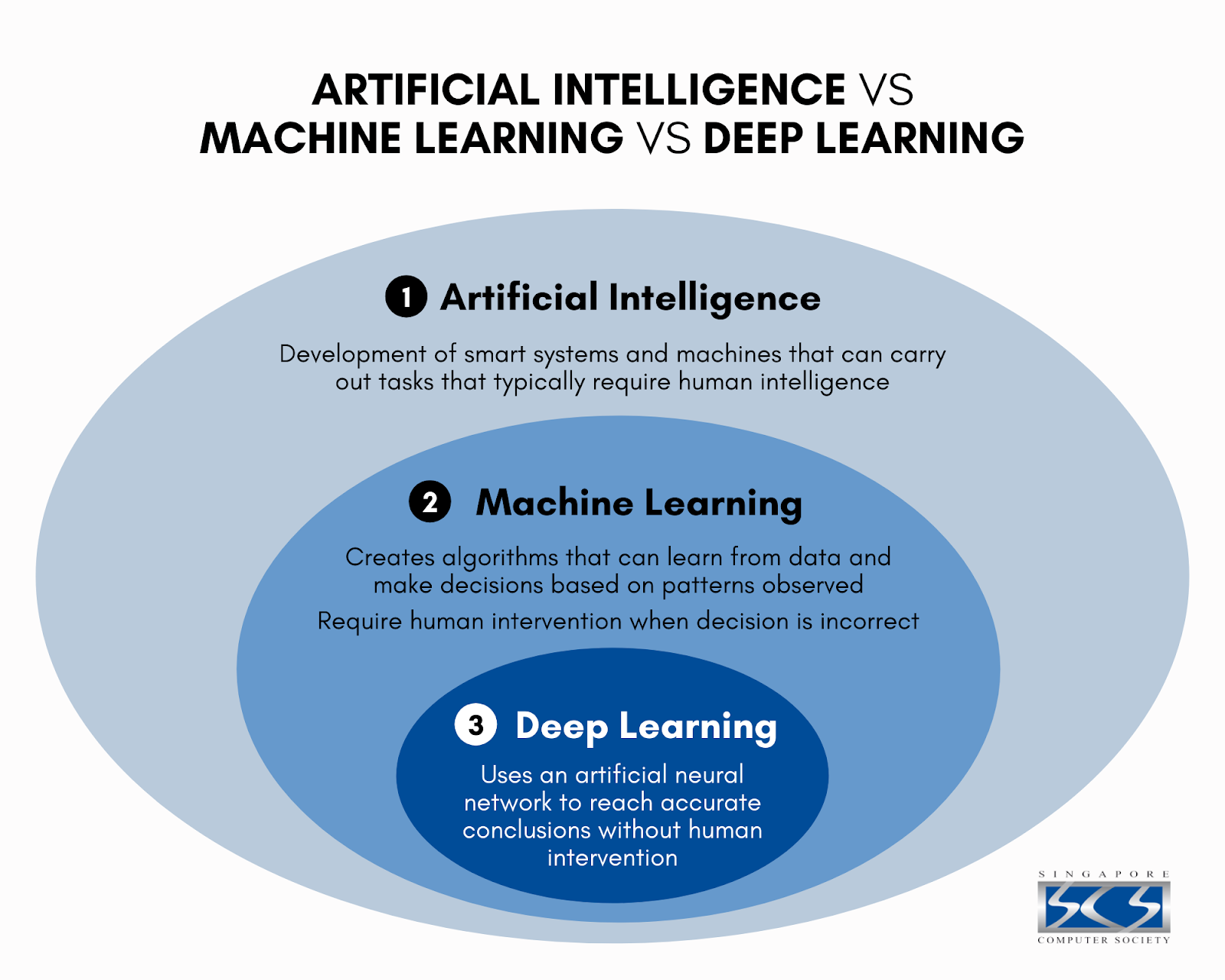Introduction
The world of finance is not immune to the transformative power of deep learning. In recent years, artificial intelligence, and specifically deep learning, have become invaluable tools for enhancing predictive analytics and managing risks in the financial sector. In this blog, we’ll explore how deep learning is revolutionizing the financial industry. Its applications in predictive analytics, and its role in risk management.
The Financial Landscape Transformed
The financial sector deals with an enormous amount of data, and this data holds the key to understanding market trends. Making informed investment decisions, and managing risks. Deep learning has emerged as a game-changer in this field by enabling financial institutions to extract meaningful insights and predictions from complex data sets.
Predictive Analytics with Deep Learning
One of the key applications of deep learning in finance is predictive analytics. Deep learning models, such as recurrent neural networks (RNNs) and long short-term memory networks (LSTMs), are used to forecast market trends, stock prices, and economic indicators. These models can analyze historical data, identify patterns, and make predictions that inform investment strategies.
Risk Management and Fraud Detection
Risk management is another crucial aspect of finance, and deep learning plays a significant role in this domain. In various ways, financial professionals use the technology to identify and manage risks:
- Credit Scoring: Deep learning models can assess an individual’s creditworthiness by analyzing a range of factors, including credit history, income, and spending habits.
- Fraud Detection: Deep learning models are employed to detect fraudulent transactions by identifying unusual patterns or anomalies in real-time.
- Market Risk Assessment: Deep learning models can assess the potential risks associated with market fluctuations and guide portfolio managers in making informed decisions.
- Algorithmic Trading: Financial professionals utilize deep learning models to develop trading algorithms that adapt to changing market conditions and execute trades autonomously.
Natural Language Processing in Finance
In finance, natural language processing (NLP), a subfield of deep learning. Employs sentiment analysis of news articles, social media, and financial reports. By analyzing textual data, NLP can gauge market sentiment and identify potential market-moving events.
Challenges and Ethical Considerations
While the integration of deep learning in finance offers numerous benefits, it also raises challenges, particularly concerning the transparency and interpretability of models. Ethical considerations, data privacy, and regulatory compliance are crucial aspects that financial institutions must address when implementing deep learning solutions.
The Future of Finance with Deep Learning
Financial institutions are set to increase the adoption of deep learning, which will lead to more accurate predictive analytics, improved risk management, and enhanced fraud detection.. As models become more sophisticated and data sets continue to expand, we can expect even more precise and real-time insights into the financial landscape.
Deep learning has empowered financial institutions to leverage data-driven decision-making, ultimately benefiting investors, businesses, and consumers alike. The transformative capabilities of deep learning and AI will undoubtedly shape the future of finance.
For more updates stay with boardofjobs.com


